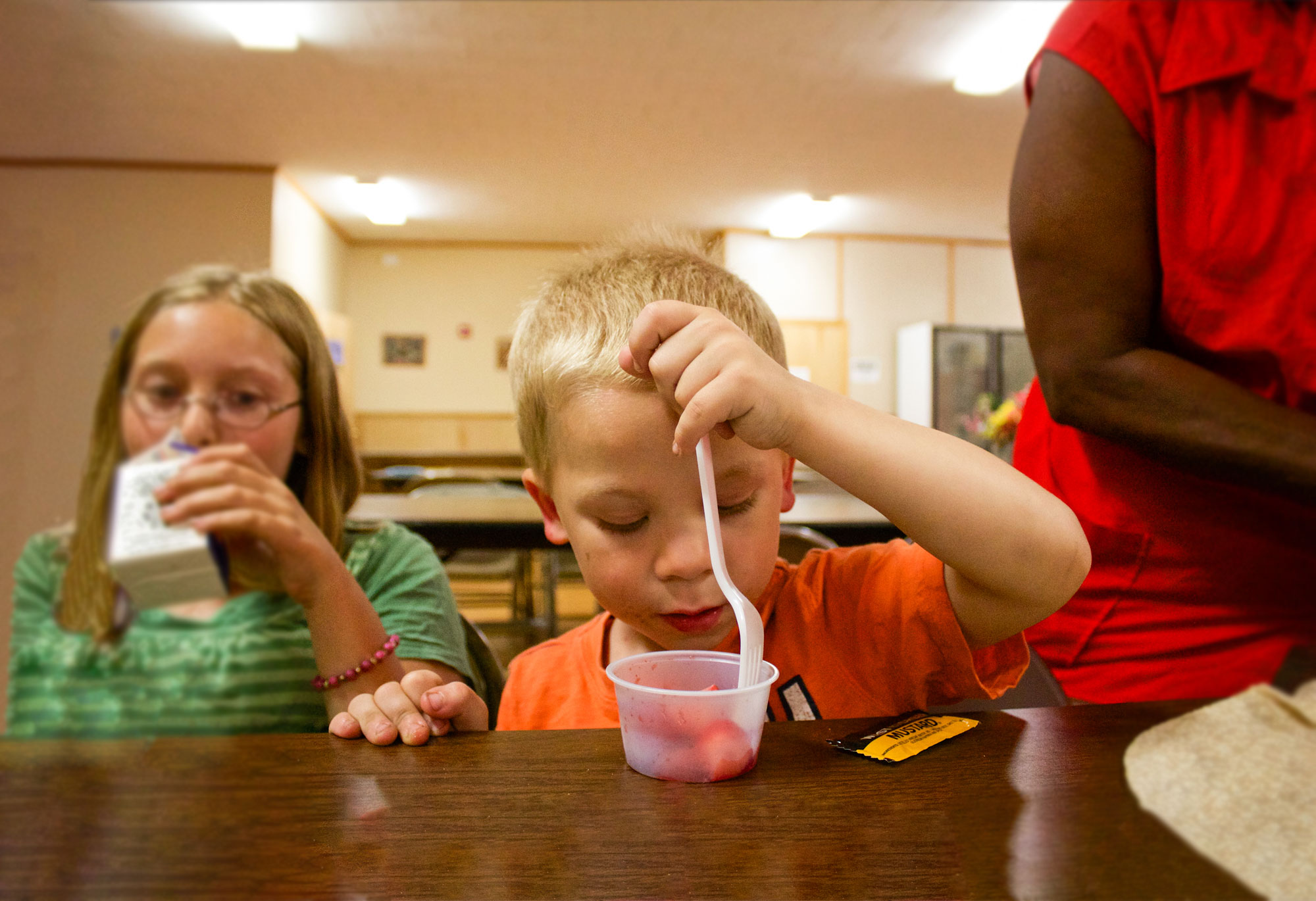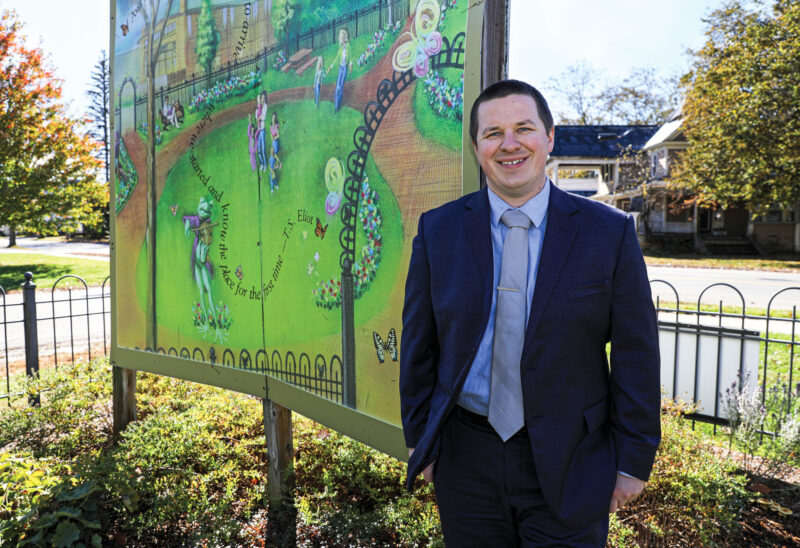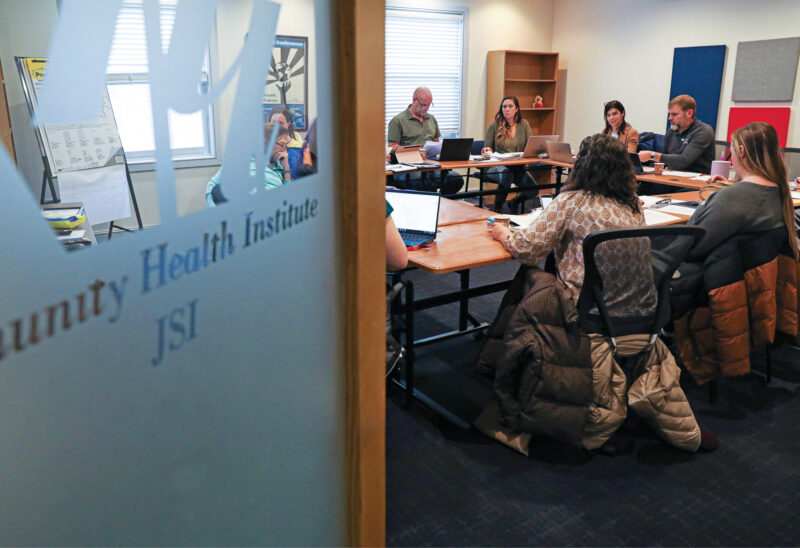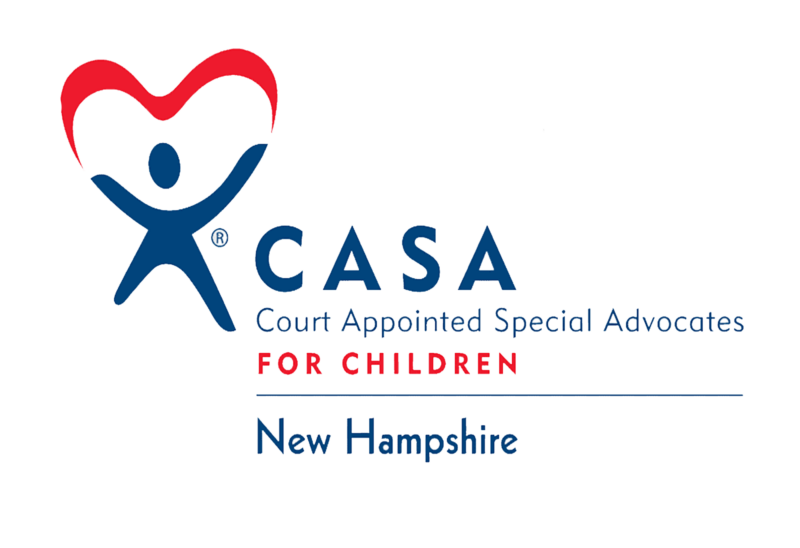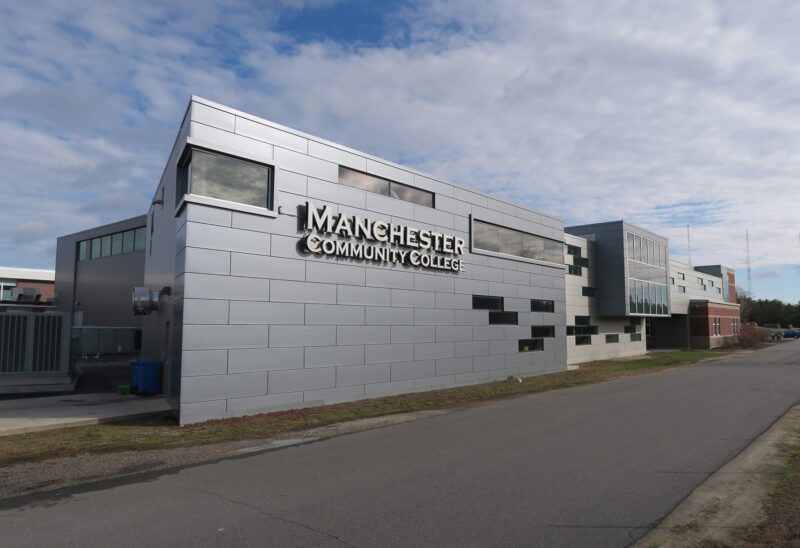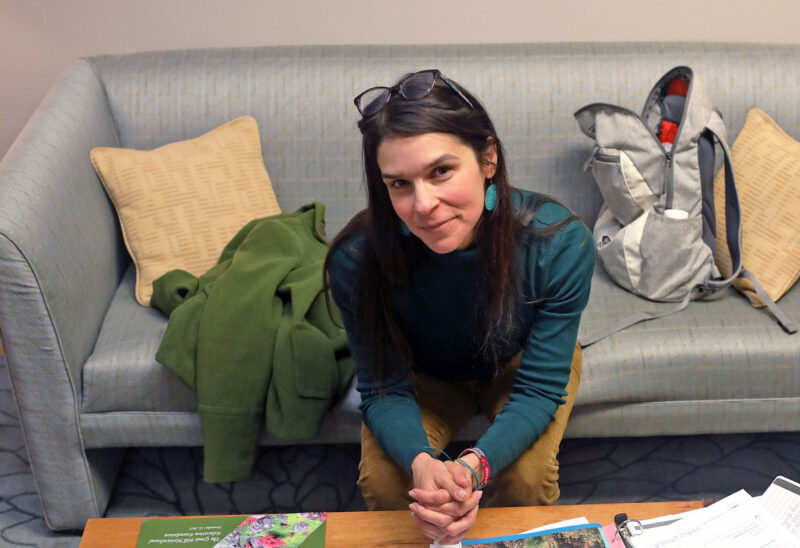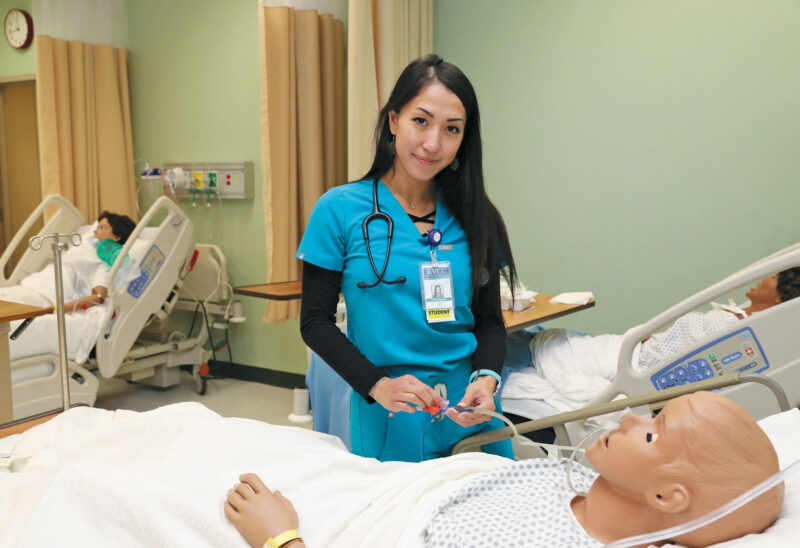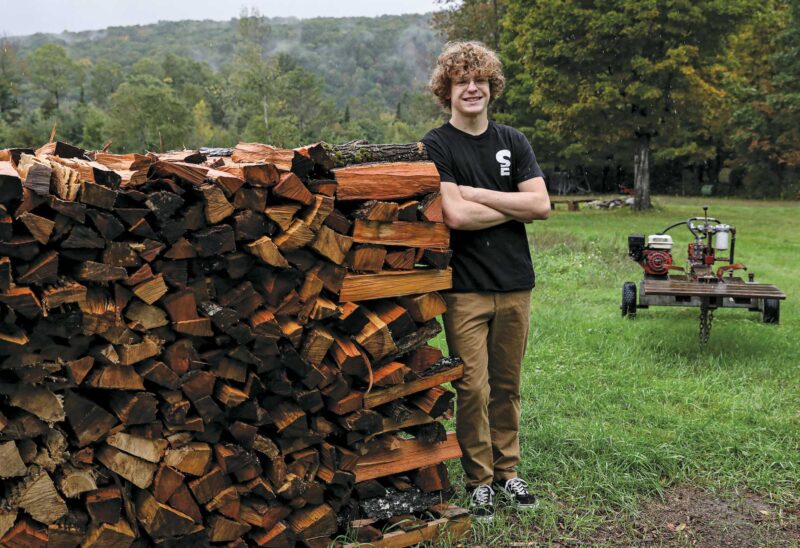No kid should go hungry. But the summer months can be hungry ones for children.
During the school year, lunch and breakfast programs at schools help families who are struggling to make ends meet by providing nutritious meals to kids. When schools close, many kids no longer have built-in access to the food they need to grow and thrive. Twenty-seven percent of New Hampshire’s kids — about 44,000 — are eligible for free and reduced-price school lunch. That is more than the entire population of Concord.
“Teachers have told me that on the last day of school, kids are sad to leave because food is scarce, and they will miss some meals over the summer,” said Helen Costello, program manager at the New Hampshire Food Bank. “It can be heartbreaking, when you hear that. I think people just don’t understand the struggle for families. If they are working low-wage jobs, food is a big expense, and when school meals go away in the summer that makes a big dent in a budget when they are trying to meet other basic needs, too.”
People and nonprofit organizations in New Hampshire communities are working together, in conjunction with state and federal agencies, to provide nutritious meals to kids all summer long.
Nonprofits are teaming up with the U.S. Department of Agriculture and New Hampshire Department of Education to provide summer meals at sites around the state: Community Action Programs, schools, Boys and Girls Clubs, and more. Many of the programs rely on volunteer labor and donations to feed all kids who need a meal.
Know a child who needs food during the summer? This USDA Summer Food Service Program mapping tool locates USDA summer food programs in New Hampshire communities. Additionally, you can text the word “food” and your ZIP code to 877-877 for the location of the closest USDA-affiliated programs. (Programs that are not affiliated with the USDA program will not appear on the USDA mapping tool.)
The USDA programs provide “congregate” meals — which means kids come together in a central location (like a school) to eat. But that can present its own set of challenges for kids who live in rural areas without access to transportation.
Nonprofit organizations are addressing that challenge, too. They are running summer meals programs around the state, many of which deliver food to families for kids’ lunches: Got Lunch! Laconia is an all-volunteer organization in its seventh year of working with local businesses and farms and the Food Bank to feed Laconia’s children all summer. Got Lunch! Colebrook works with churches, service clubs, local businesses and the local school district to feed kids in Colebrook, Stewartstown and Pittsburg. Got Lunch! programs are also feeding kids in communities including Gilford, Rumney, Campton and Thornton, Plymouth, Jaffrey and Rindge.
In Portsmouth, Gather for a Hunger-Free Community (formerly the Seacoast Family Food Pantry) runs the Summer Meals 4 Kids program at seven locations on the Seacoast, supplying all the ingredients and recipes needed to create 10 healthy meals per week for each child who participates.
In Claremont, the Food Bank has partnered with the Claremont Soup Kitchen and Food Pantry, the local school district and others to offer the Children’s Community Lunch Program.
Most communities in New Hampshire also have food pantries. Here is a list of food pantries and soup kitchens from the New Hampshire Food Bank. (And End 68 Hours of Hunger programs are working to make sure kids are fed on weekends during the school year as well.)
Want to help feed kids in your community during the summer? Consider donating to the New Hampshire Food Bank, a summer food program near you or your local food pantry — or consider volunteering for (or starting!) a summer meals program in your community.
You can help make sure that summer months are not hungry months for our kids.

